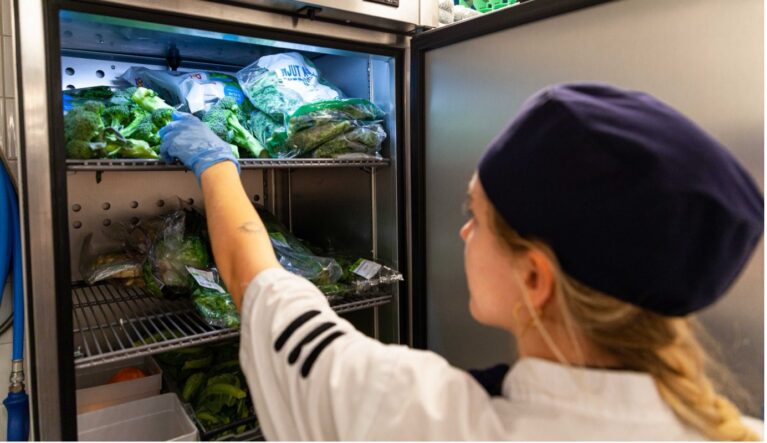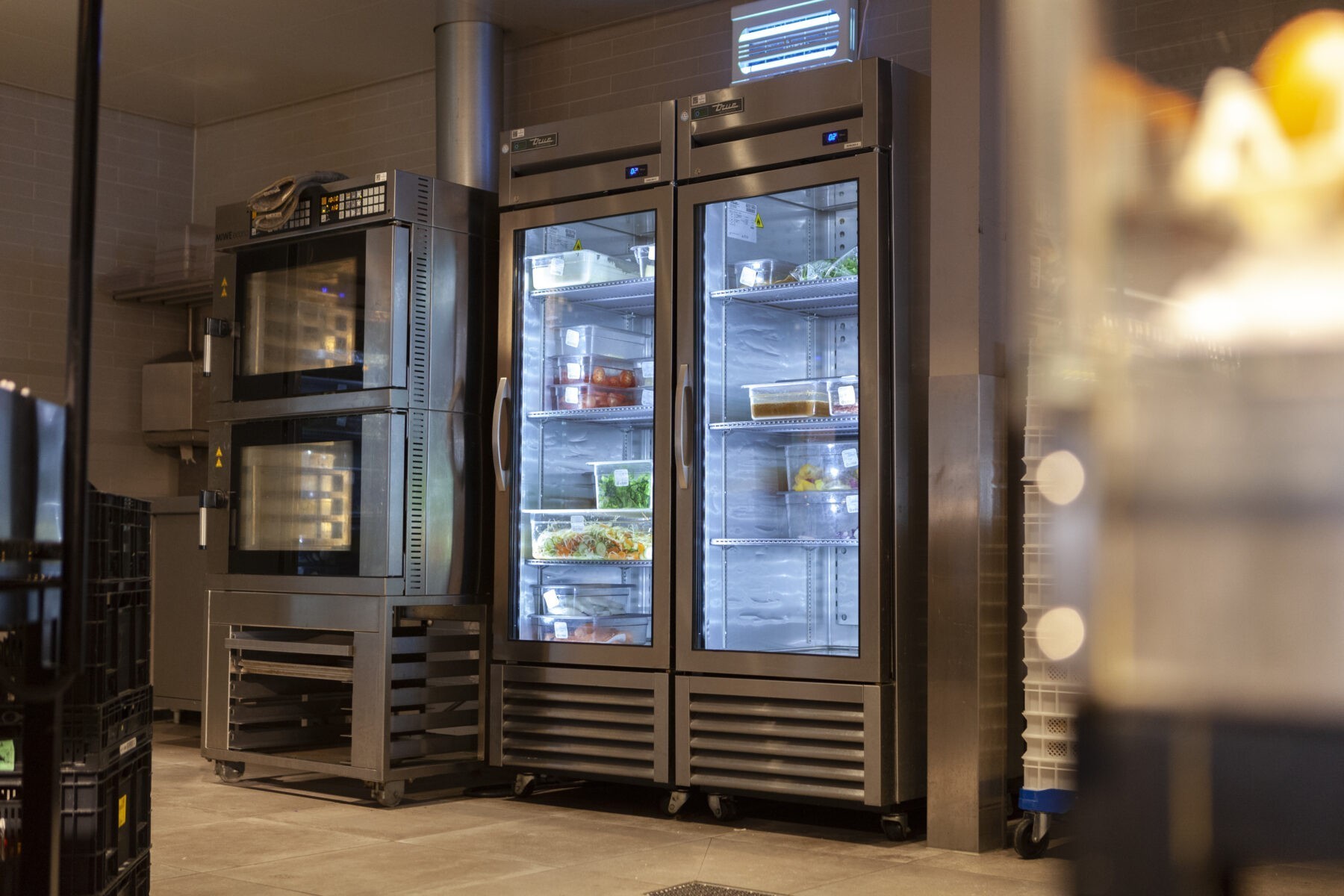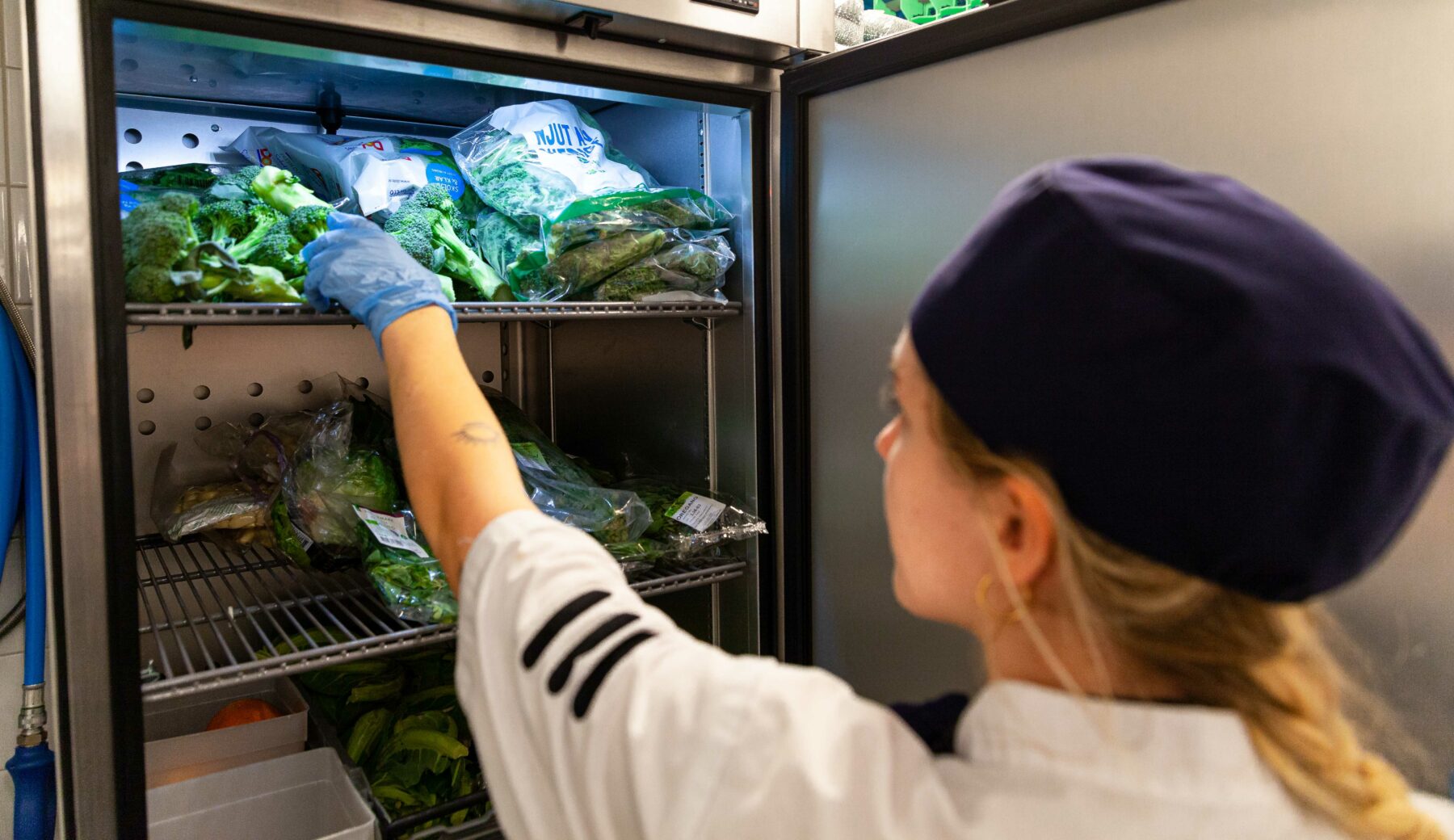Why you should choose True Refrigeration’s upright cabinets


The safe and hygienic preparation of food is always important. But when you’re running a busy restaurant, bistro or takeaway kitchen, your entire livelihood depends on it. Without a strong and demonstrable commitment to food safety, you can end up in serious trouble with customers, regulatory authorities and even the law.
While there are countless small steps that can contribute towards – and, yes, against – having a truly ‘food safe’ commercial kitchen, virtually all can be traced back to two main areas: (1) Having high quality systems; and (2) Having high quality equipment.
It only takes one incident, lapse or oversight in your kitchen to ruin a reputation that took years to build. The best way to avoid that from happening is enforcing rigid quality processes when it comes to food handling and preparation. Start by deciding what systems will work best for your kitchen, your menu and your patrons. Then communicate these systems clearly so every member of your team understands what’s required and expected before, during and after each service. One weak link can break the entire food safety chain.
Some specific things to consider include:

Robust processes are essential. But they can still leave you exposed if they’re let down by poor quality or unreliable storage equipment. The way your food is preserved is absolutely critical, especially when storing fresh and perishable ingredients. It requires high quality refrigeration you can depend on to provide safe and reliable cooling at all times, especially in kitchen environments that are often subject to high amounts of foot-traffic, clutter and, of course, heat. As world leaders in this space, True recommends looking for the following features when choosing refrigeration and freezers for your commercial kitchen:

Want to ensure your food and ingredients are stored perfectly, every time?
Contact True Refrigeration today